22 Gut-Healing Foods to Add to Your Diet After Taking Antibiotics
Antibiotics may cure the infection—but they can wreak havoc on your gut. These powerful medications wipe out harmful bacteria, but they often take the good guys with them—leaving your digestive system out of balance, your immunity weakened, and your body more vulnerable to inflammation and discomfort. The good news? Your diet can help rebuild what antibiotics disrupted. Food isn’t just fuel; it’s medicine. The right choices can replenish beneficial bacteria, soothe your system, and restore your gut’s natural resilience. In this guide, we’ve expanded our list to 22 Gut-Healing Foods to Add to Your Diet After Taking Antibiotics—from probiotic powerhouses to fiber-rich favorites that feed your microbiome. Whether you’re recovering from a recent prescription or simply want to support better digestive health, these foods offer real, restorative benefits. Ready to heal from the inside out? Let’s rebuild your gut—one bite at a time.
1. The Role of Probiotics in Gut Health
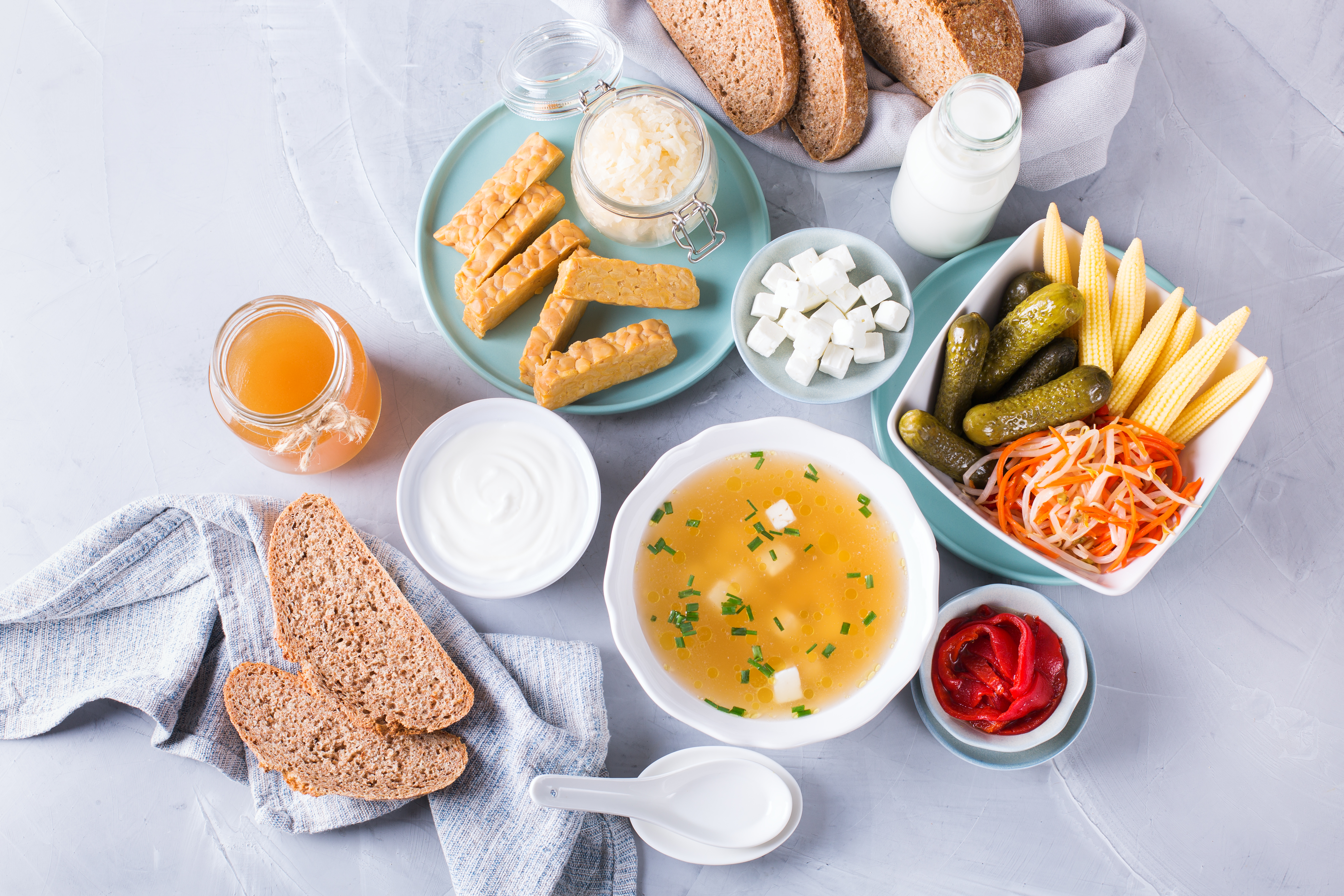
Probiotics are live microorganisms that provide numerous health benefits when consumed in adequate amounts. They are often referred to as "good" or "friendly" bacteria because they help keep your gut healthy. After antibiotics, the levels of these beneficial bacteria can be significantly reduced. Consuming probiotic-rich foods like yogurt, kefir, and sauerkraut can help replenish these vital bacteria. Yogurt, for example, contains strains of Lactobacillus and Bifidobacterium, which are known to improve digestion and boost immunity. Kefir, a fermented milk drink, contains even more diverse strains of probiotics, making it a potent choice for gut health. Sauerkraut, a fermented cabbage dish, is another excellent source of probiotics, and its high fiber content also aids digestion. Including these foods in your diet can help restore the balance of bacteria in your gut, improve digestion, and enhance overall health.
2. Prebiotics: The Unsung Heroes of Gut Restoration
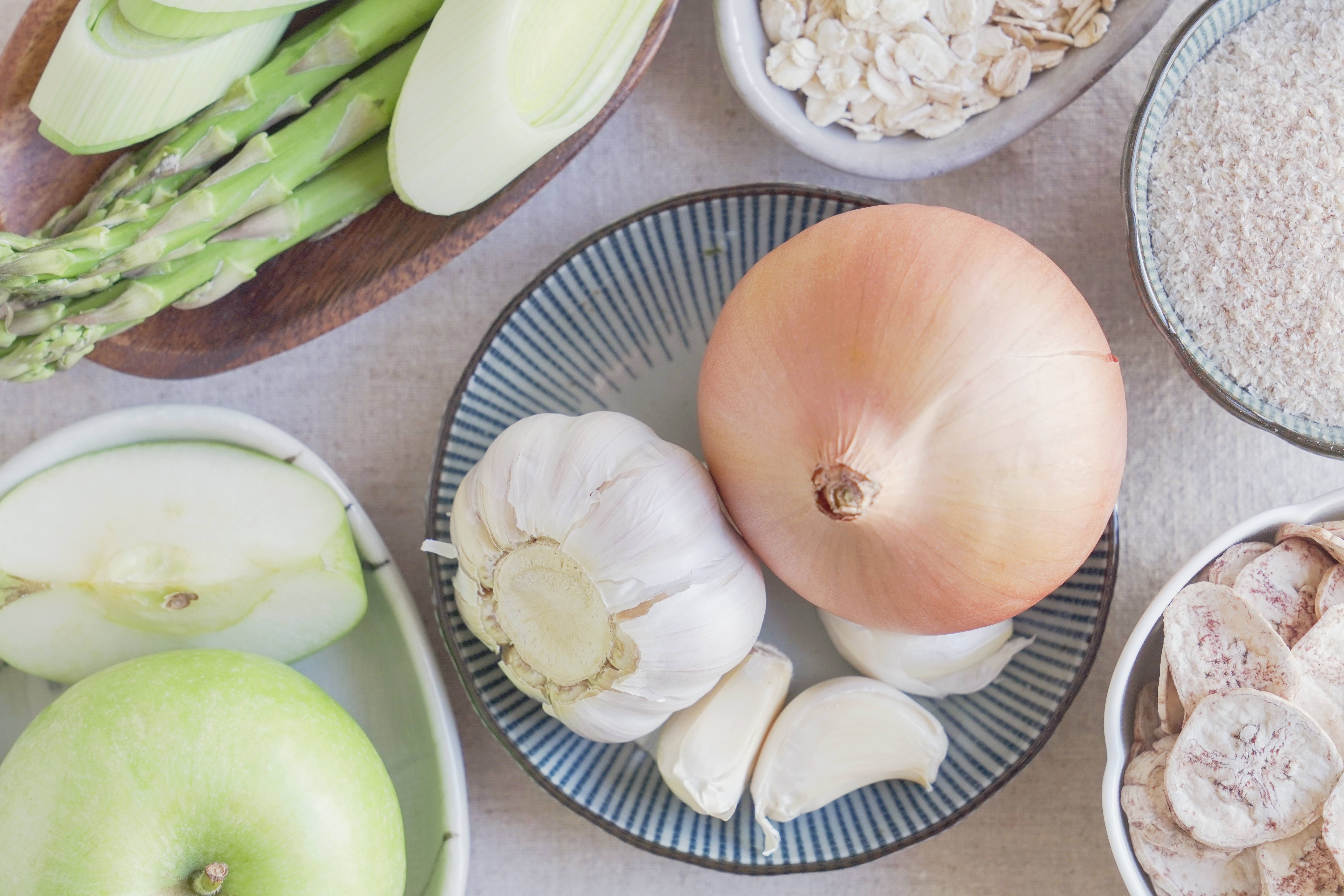
While probiotics are essential for gut health, prebiotics are equally important. Prebiotics are non-digestible fibers that feed the beneficial bacteria in your gut, helping them to grow and thrive. Foods rich in prebiotics include garlic, onions, leeks, asparagus, and bananas. These foods contain inulin and other types of fiber that promote the growth of probiotics. For instance, garlic and onions are rich in inulin, a type of soluble fiber that acts as a prebiotic. Asparagus and leeks also contain high levels of inulin, making them excellent choices for supporting gut health. Bananas, particularly when slightly green, are rich in resistant starch, another type of prebiotic fiber. By including prebiotic-rich foods in your diet, you can support the growth of beneficial bacteria, improve digestion, and enhance your overall gut health.
3. Fermented Foods: Nature’s Digestive Elixirs
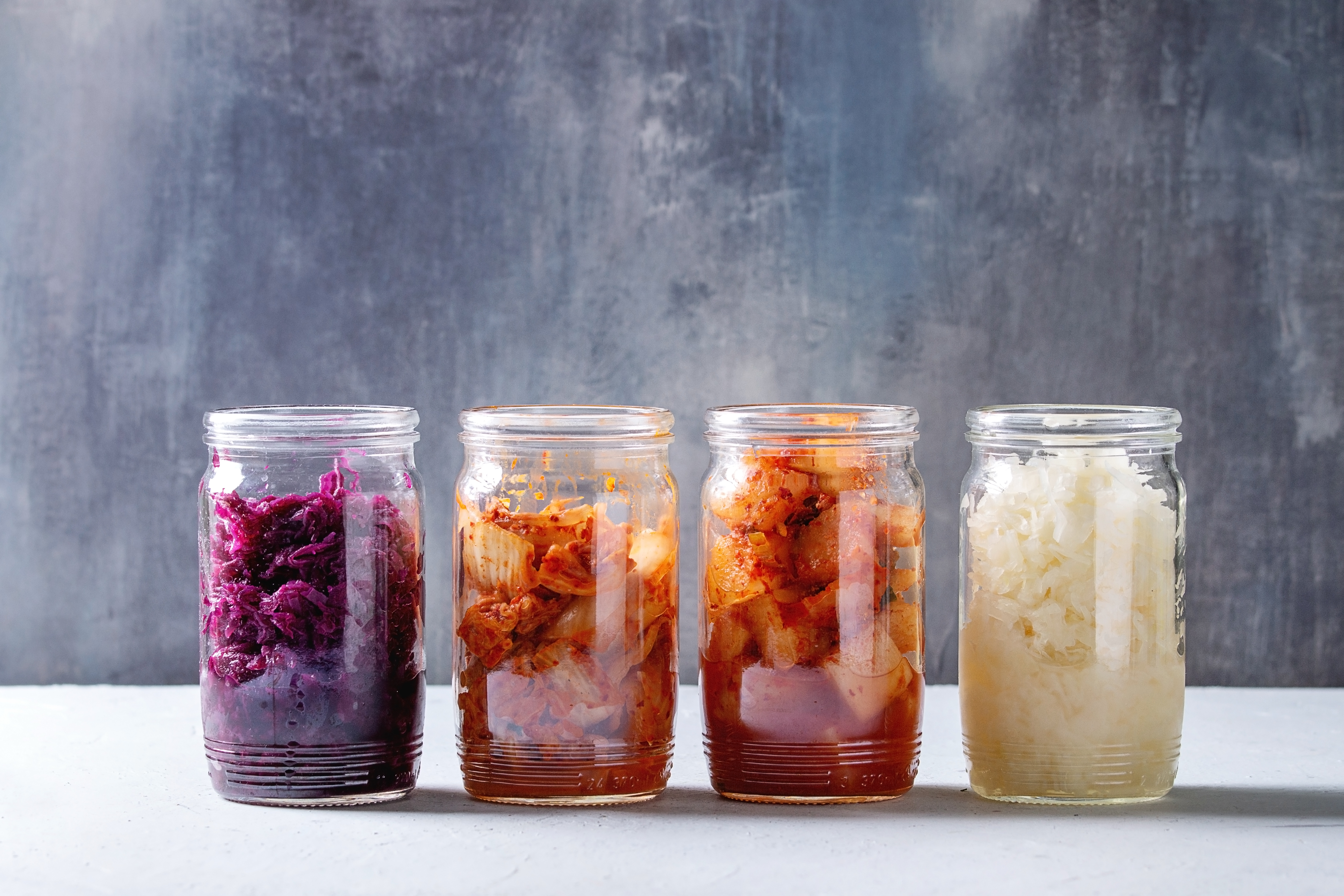
Fermented foods are a powerhouse when it comes to gut health. The fermentation process not only enhances the nutritional value of foods but also increases the availability of probiotics. Foods like kimchi, miso, and tempeh are excellent sources of probiotics and offer a variety of flavors and textures to your diet. Kimchi, a traditional Korean dish made from fermented vegetables, is rich in Lactobacillus bacteria, which can improve gut health and boost immunity. Miso, a fermented soybean paste, is another great source of probiotics and is often used in soups and sauces. Tempeh, a fermented soybean product, is not only a good source of probiotics but also a rich source of plant-based protein. Incorporating a variety of fermented foods into your diet can help diversify the bacteria in your gut, improve digestion, and support overall health.
4. Bone Broth: The Healing Elixir for the Gut
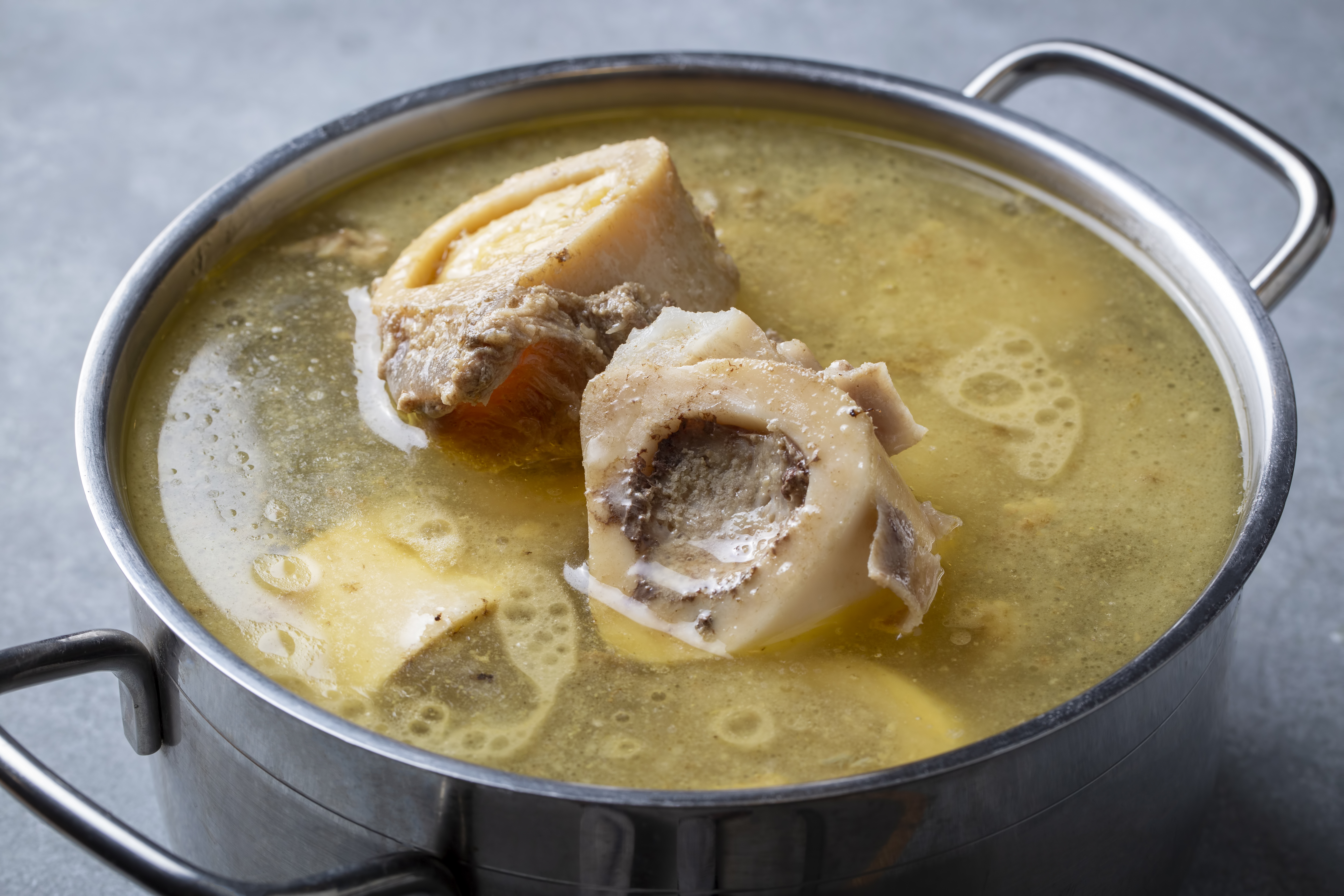
Bone broth has gained popularity in recent years for its gut-healing properties. It is made by simmering animal bones and connective tissues, which releases nutrients like collagen, gelatin, and amino acids into the broth. These nutrients are known to support gut health by repairing the intestinal lining and reducing inflammation. Collagen, in particular, is a protein that helps maintain the integrity of the gut lining, while gelatin supports digestive health by attracting and holding liquids, which helps move food through the digestive tract. Additionally, bone broth is rich in glutamine, an amino acid that supports the growth and repair of the intestinal lining. Drinking bone broth regularly can help soothe the gut, reduce inflammation, and promote overall digestive health.
5. The Power of Fiber: A Gut’s Best Friend
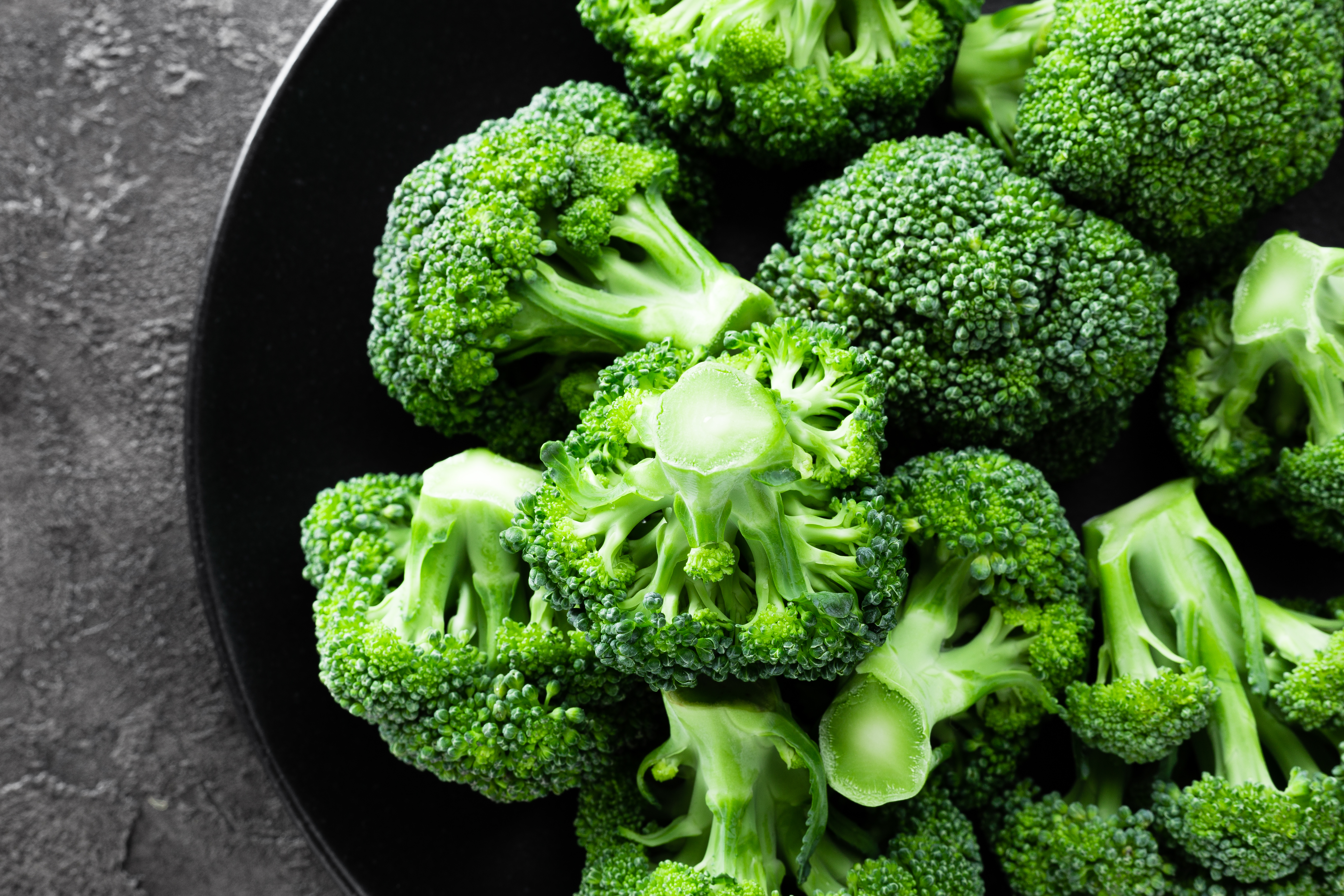
Dietary fiber is essential for maintaining a healthy gut. It adds bulk to the stool, helps regulate bowel movements, and feeds the beneficial bacteria in your gut. Foods high in fiber include fruits, vegetables, whole grains, and legumes. Apples, pears, and berries are rich in soluble fiber, which helps slow digestion and regulate blood sugar levels. Vegetables like broccoli, Brussels sprouts, and carrots are high in insoluble fiber, which adds bulk to the stool and promotes regular bowel movements. Whole grains like oats, quinoa, and brown rice are also excellent sources of fiber and can help support gut health. By including a variety of fiber-rich foods in your diet, you can support the growth of beneficial bacteria, improve digestion, and enhance overall gut health.
6. Omega-3 Fatty Acids: Anti-Inflammatory Allies
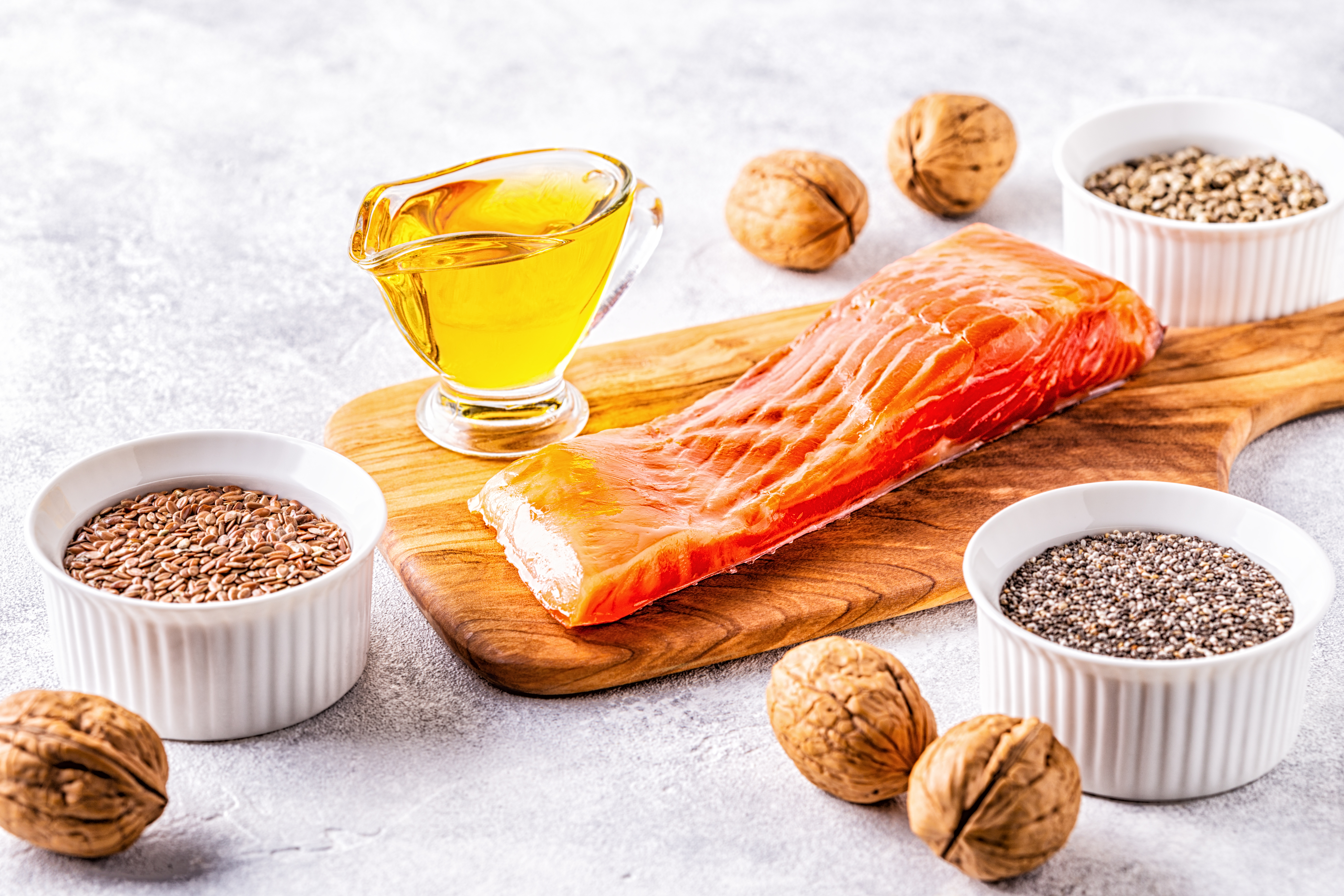
Omega-3 fatty acids are known for their anti-inflammatory properties and can play a significant role in maintaining gut health. These essential fats are found in fatty fish like salmon, mackerel, and sardines, as well as in flaxseeds, chia seeds, and walnuts. Omega-3 fatty acids help reduce inflammation in the gut, which can improve symptoms of inflammatory bowel diseases and other digestive disorders. They also support the integrity of the gut lining and promote the growth of beneficial bacteria. Including omega-3-rich foods in your diet can help reduce inflammation, support gut health, and improve overall well-being.
7. The Role of Polyphenols in Gut Health

Polyphenols are natural compounds found in plant foods that have been shown to benefit gut health. They act as antioxidants, reducing oxidative stress and inflammation in the gut. Foods rich in polyphenols include berries, dark chocolate, green tea, and red wine. Berries, such as blueberries and raspberries, are particularly high in polyphenols and can help promote the growth of beneficial bacteria in the gut. Dark chocolate, with its high cocoa content, is another excellent source of polyphenols and can support gut health. Green tea and red wine, when consumed in moderation, also provide polyphenols that can benefit the gut. Including a variety of polyphenol-rich foods in your diet can help reduce inflammation, support gut health, and improve overall health.
8. The Importance of Hydration for Gut Health

Staying hydrated is crucial for maintaining a healthy gut. Water is essential for digestion, as it helps break down food and move it through the digestive tract. It also helps maintain the mucosal lining of the intestines, which is important for nutrient absorption and gut health. Drinking enough water throughout the day can help prevent constipation, support digestion, and promote overall gut health. In addition to water, herbal teas and broths can also contribute to your daily fluid intake. By staying hydrated, you can support your gut health, improve digestion, and enhance overall well-being.
9. The Role of Spices in Gut Health
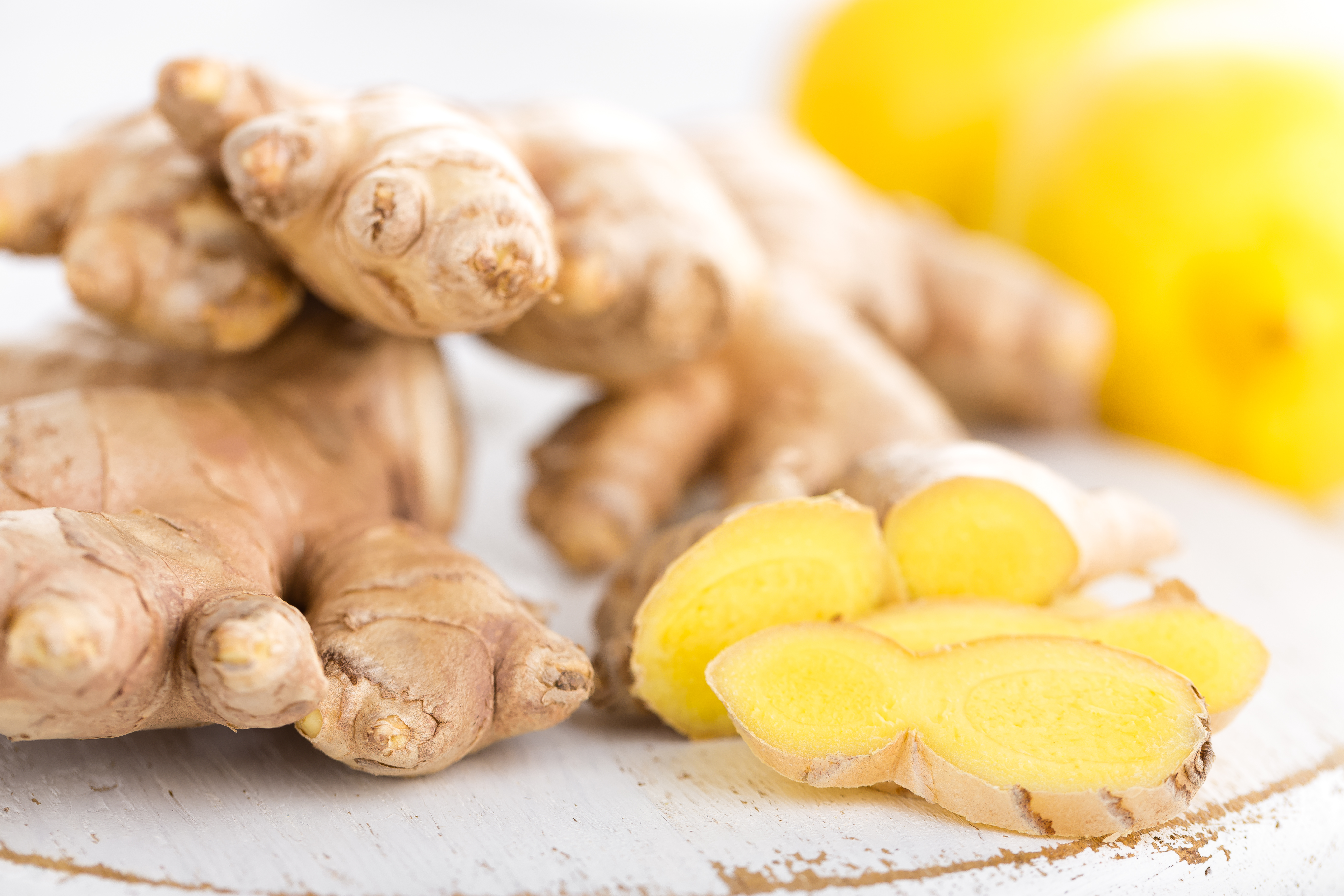
Spices not only add flavor to your meals but also offer numerous health benefits, including support for gut health. Turmeric, ginger, and cinnamon are particularly known for their anti-inflammatory and digestive properties. Turmeric contains curcumin, a compound that has been shown to reduce inflammation and support gut health. Ginger is known for its ability to soothe the digestive tract and reduce nausea and bloating. Cinnamon can help regulate blood sugar levels and support digestion. Including a variety of spices in your diet can enhance the flavor of your meals while also supporting your gut health and overall well-being.
10. The Impact of Stress on Gut Health

Stress can have a significant impact on gut health, as it can disrupt the balance of bacteria in the gut and lead to digestive issues. The gut-brain axis, a bidirectional communication system between the gut and the brain, plays a crucial role in this process. When you are stressed, your body releases stress hormones that can affect gut motility and increase inflammation. This can lead to symptoms such as bloating, diarrhea, and constipation. Managing stress through practices such as meditation, yoga, and deep breathing can help reduce its impact on gut health. By incorporating stress-reducing techniques into your daily routine, you can support your gut health and improve your overall well-being.
11. The Connection Between Sleep and Gut Health

Sleep is essential for overall health, and it plays a crucial role in maintaining a healthy gut. During sleep, the body undergoes repair and restoration processes that are important for gut health. Poor sleep can disrupt the balance of bacteria in the gut and lead to digestive issues. Studies have shown that people who get enough quality sleep have a more diverse gut microbiome, which is associated with better health outcomes. Establishing a regular sleep routine and creating a relaxing bedtime environment can help improve sleep quality and support gut health. By prioritizing sleep, you can enhance your gut health and improve your overall well-being.
12. Personalized Nutrition: Tailoring Your Diet for Optimal Gut Health

Everyone's gut is unique, and what works for one person may not work for another. Personalized nutrition involves tailoring your diet to meet your specific needs and goals. This can involve working with a healthcare professional to identify any food sensitivities or intolerances and making dietary changes to support gut health. It can also involve tracking your food intake and symptoms to identify any patterns or triggers. By taking a personalized approach to nutrition, you can support your gut health and improve your overall well-being.
13. Kiwi: A Tangy Ally for Digestion
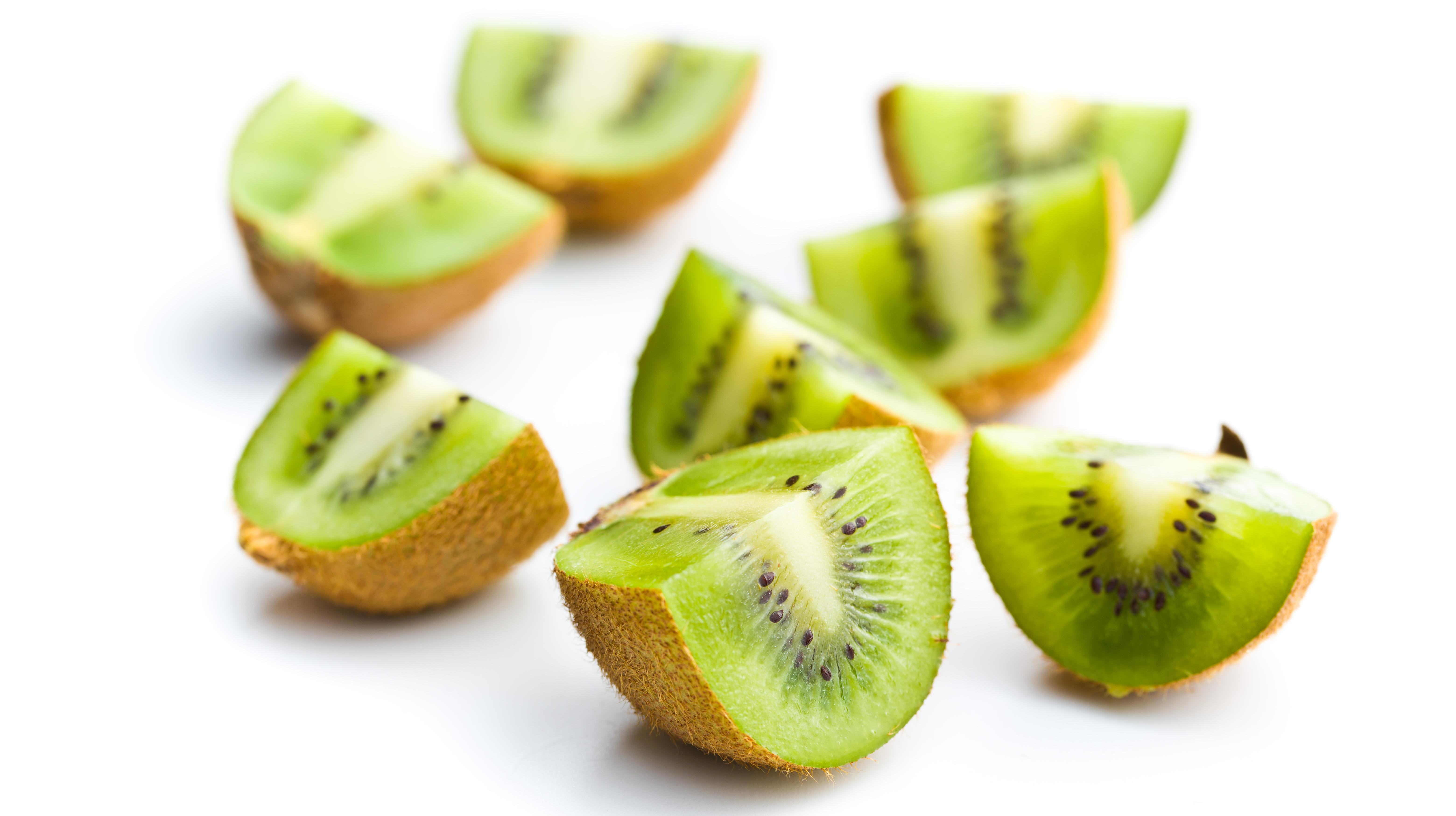
Don’t underestimate this fuzzy green fruit. Kiwi is rich in actinidin, a natural enzyme that aids protein digestion—making it particularly helpful after antibiotics when your gut needs extra support. It’s also packed with fiber and vitamin C, which help reduce inflammation and promote regular bowel movements. Kiwi’s unique combination of prebiotic fiber and digestive enzymes helps feed beneficial bacteria while easing discomfort like bloating and constipation. Enjoy it fresh, blended into smoothies, or atop yogurt to give your microbiome a tasty, healing boost. For a gut that’s been through the wringer, kiwi offers gentle, effective repair.
14. Jerusalem Artichokes: A Prebiotic Powerhouse
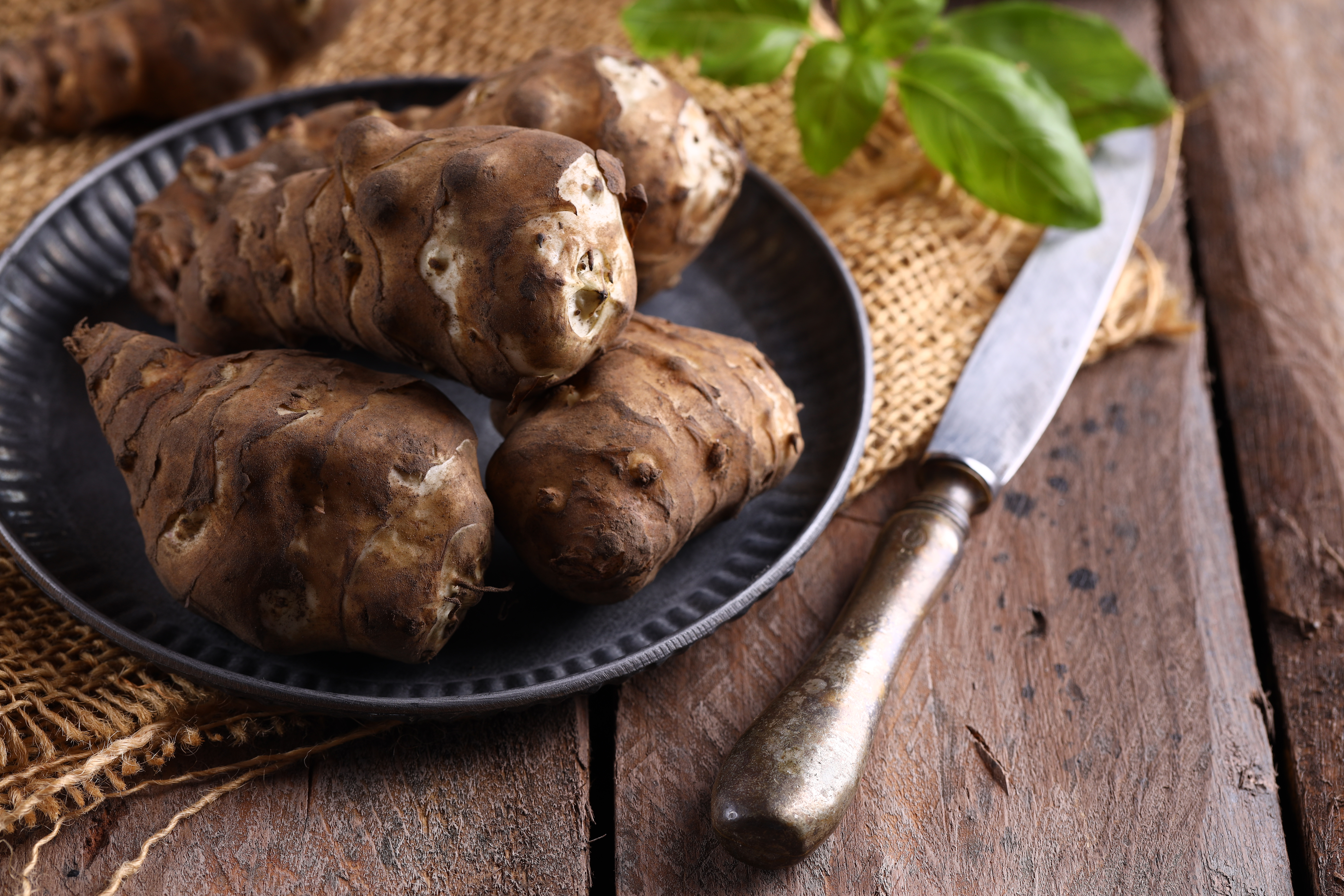
Often overlooked, Jerusalem artichokes (also known as sunchokes) are one of the richest natural sources of inulin—a prebiotic fiber that nourishes good bacteria in the gut. After antibiotics disrupt your microbiome, these knobby tubers help foster microbial diversity and promote gut lining repair. Roasted or pureed, they offer a nutty, earthy flavor that’s both comforting and beneficial. Their prebiotic content also helps improve calcium absorption and enhance immune function. Just introduce them gradually if you’re not used to high-fiber foods—they’re potent. For deep microbiome restoration, Jerusalem artichokes are a gut-healing secret weapon.
15. Seaweed: A Salty Superfood for Your Microbiome
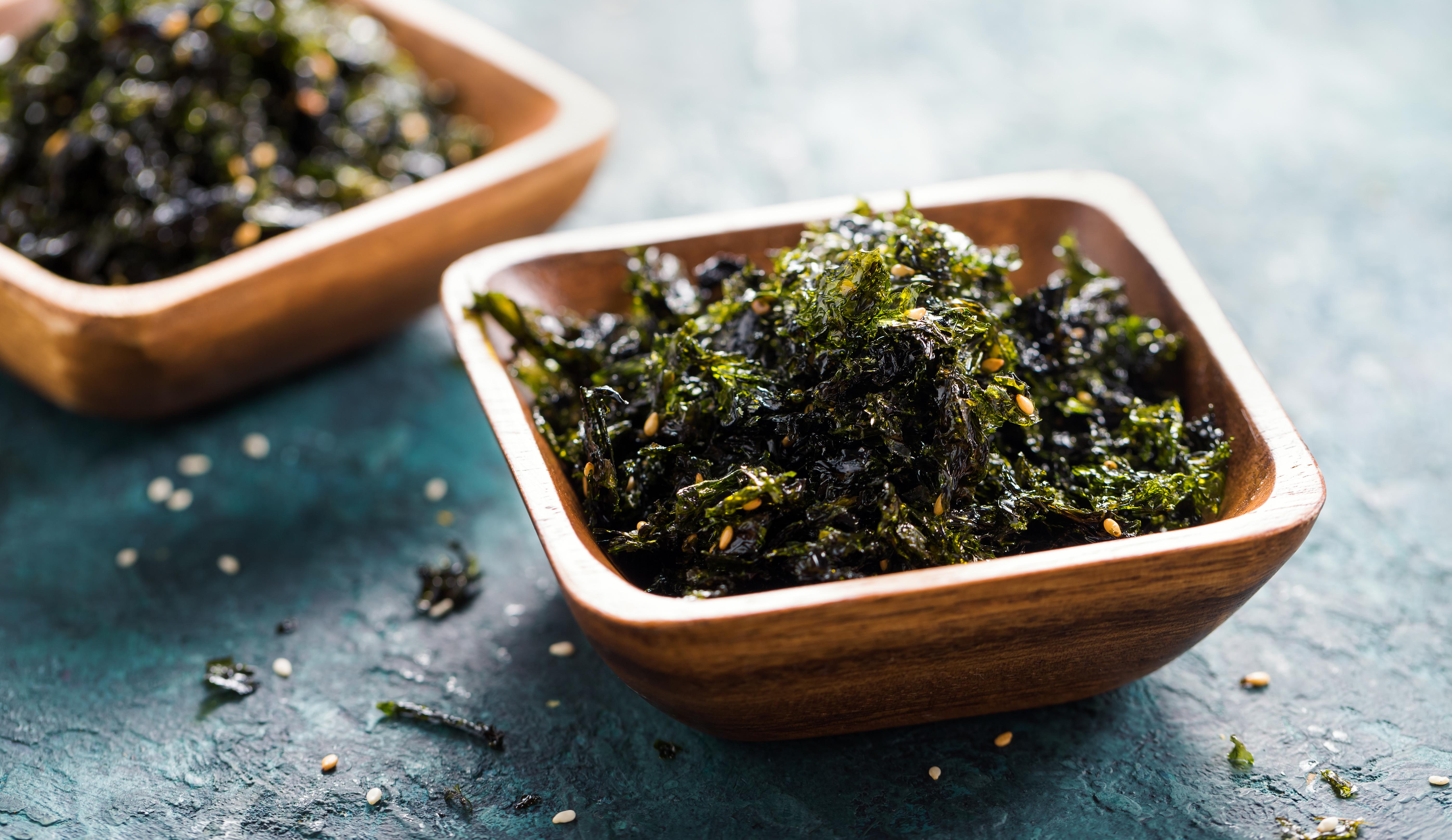
Seaweed isn’t just for sushi—it’s a mineral-rich, gut-friendly addition to any recovery diet. Packed with iodine, magnesium, and unique polysaccharides like fucoidan, seaweed feeds beneficial bacteria while reducing inflammation. These complex fibers resist digestion in the upper GI tract and reach the colon, where they become fuel for your microbiome. Wakame, nori, and dulse also contain antioxidants that support mucosal healing. Add it to soups, rice dishes, or enjoy roasted seaweed snacks. In the aftermath of antibiotics, seaweed delivers both prebiotic support and essential minerals your gut—and entire body—crave.
16. Apples: Gentle, Soluble Fiber That Heals
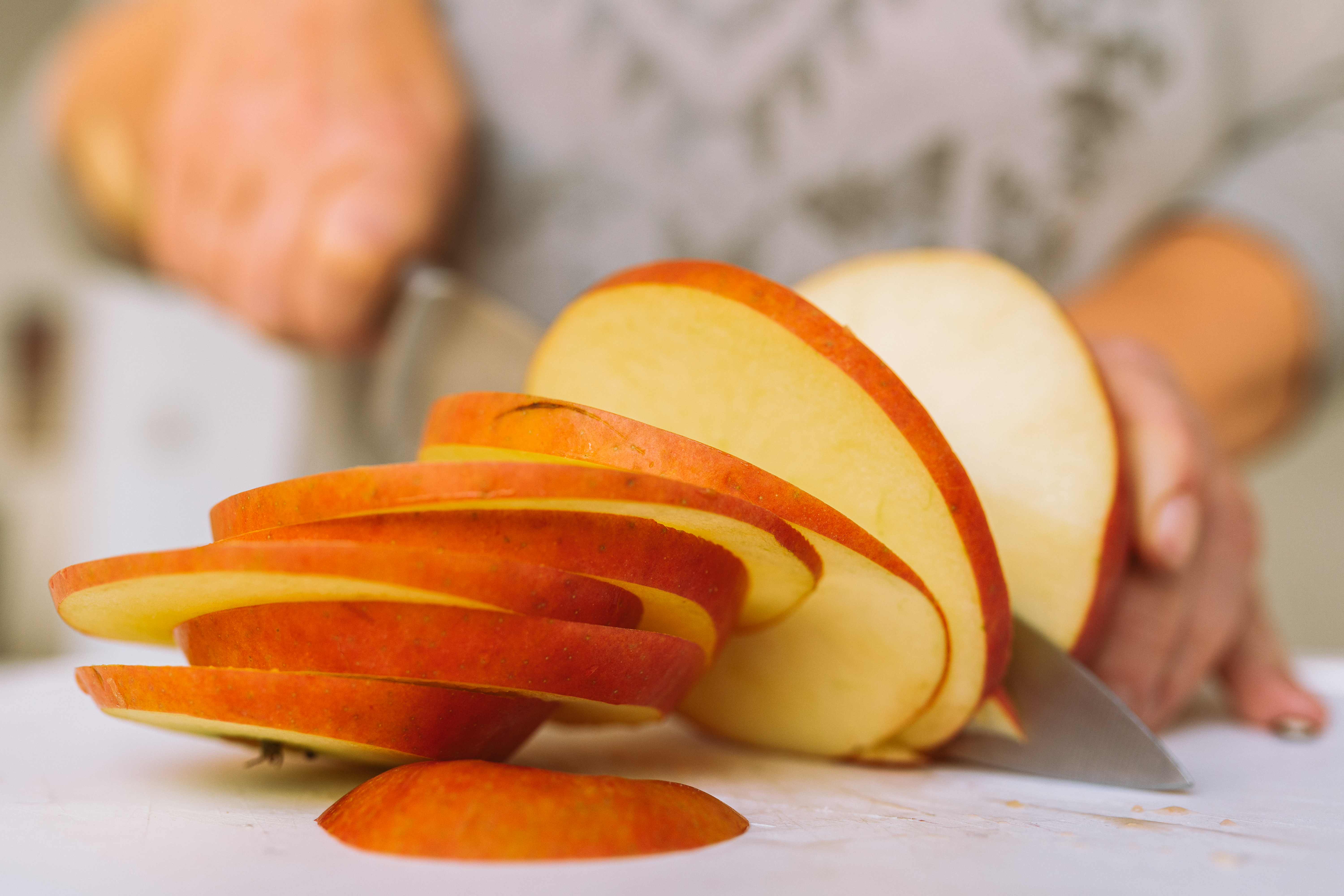
Apples, especially with the skin on, are a gut-soothing powerhouse. Rich in pectin—a type of soluble fiber—they help bulk up stool, feed good bacteria, and regulate digestion after antibiotic disruption. Pectin ferments in the colon, creating short-chain fatty acids like butyrate that support colon cell health and reduce inflammation. Apples also offer polyphenols and antioxidants that support immune recovery. Choose organic when possible to avoid pesticide residue, and enjoy them raw, stewed, or sliced with nut butter. In short, an apple a day may not just keep the doctor away—it may restore your gut, too.
17. Coconut Yogurt: Dairy-Free Probiotic Power

For those who avoid dairy, coconut yogurt offers a delicious, probiotic-rich alternative. Made from fermented coconut milk, it contains strains like Lactobacillus and Bifidobacterium—essential for repopulating the gut after antibiotics. Coconut also contains medium-chain triglycerides (MCTs), which support energy and have mild antimicrobial properties that balance gut flora. Unsweetened varieties are best, as added sugars can fuel harmful bacteria. Top it with berries and chia seeds for a prebiotic-probiotic synergy. Whether you’re lactose intolerant or just seeking variety, coconut yogurt is a creamy, nourishing way to heal your gut without compromise.
18. Lentils: The Gut’s Favorite Legume
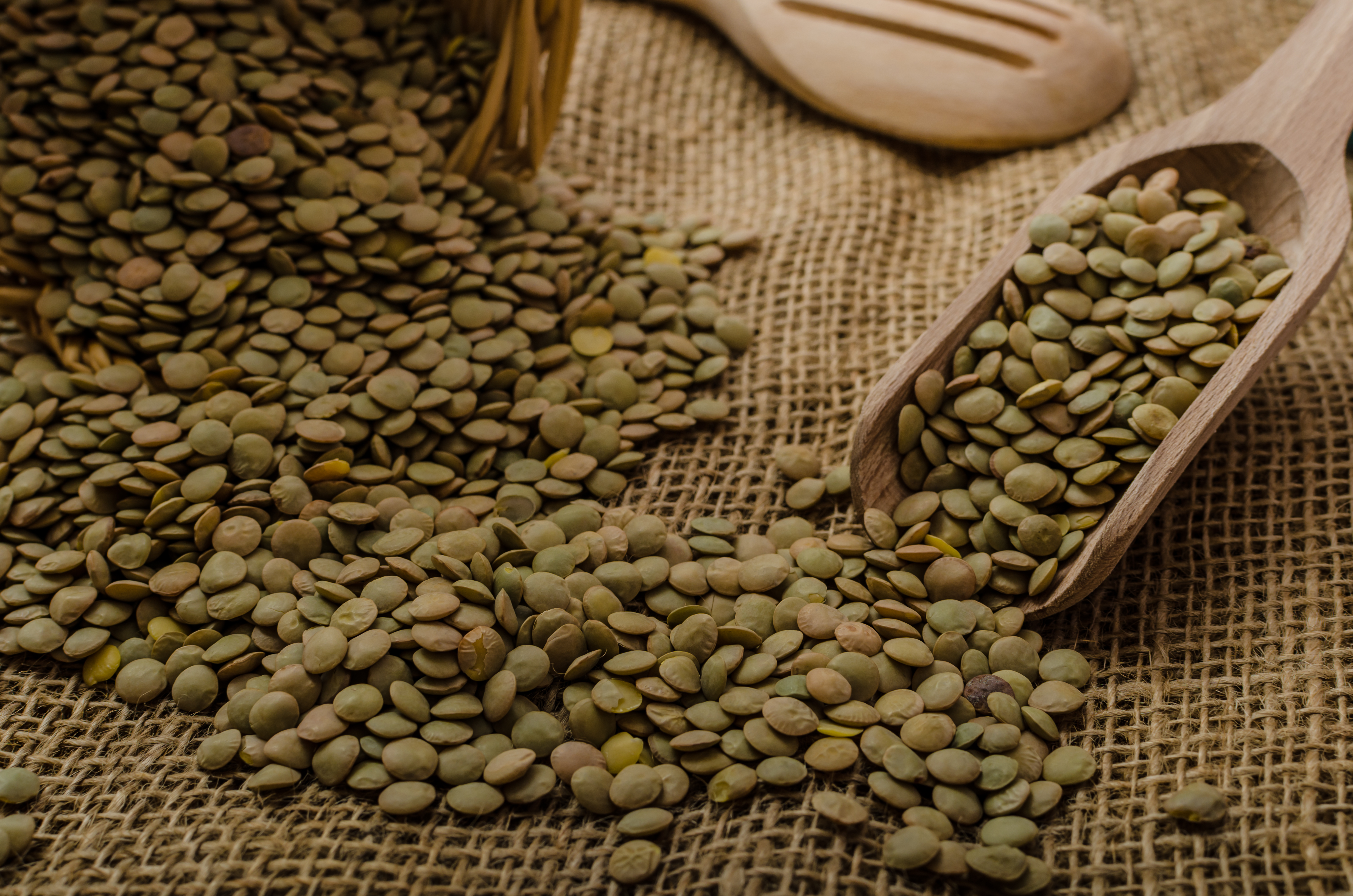
Lentils are rich in resistant starch and fermentable fibers that act as prebiotics, making them a smart choice for gut recovery. After antibiotics, these humble legumes help restore microbial diversity while promoting regularity and lowering inflammation. They’re also a great source of plant-based protein, iron, and folate—nutrients often depleted during illness. Cooked lentils are easy on digestion and can be added to soups, stews, or salads. For sensitive guts, try red lentils, which cook down smoothly and are gentler than their green or brown counterparts. Their gut-friendly fiber makes them a pantry staple worth embracing.
19. Pickles (Naturally Fermented): Crunchy Probiotic Punch
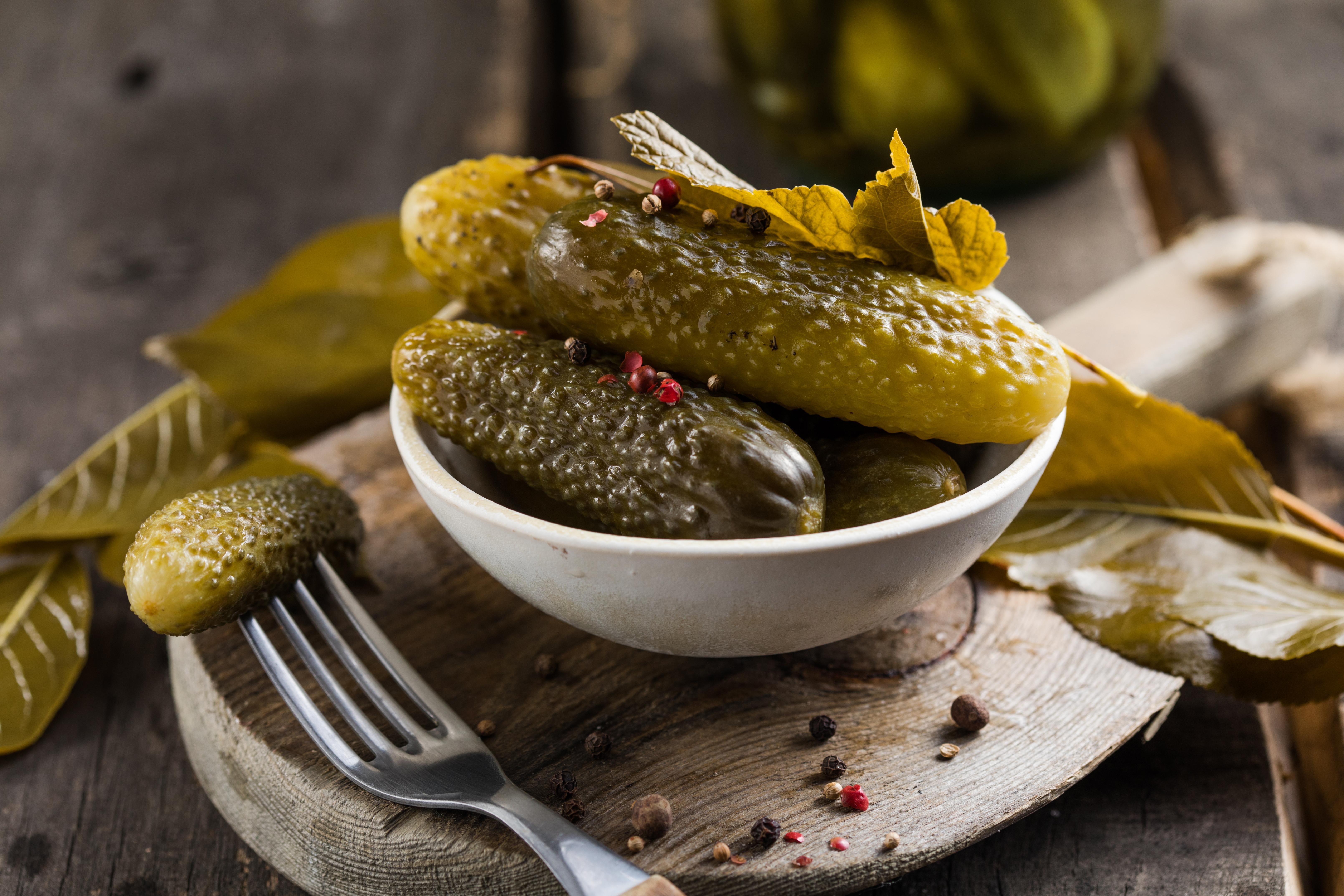
Not all pickles are created equal. Look for naturally fermented varieties—those brined in saltwater, not vinegar—as they’re teeming with Lactobacillus bacteria that aid in gut repair. These probiotics help crowd out harmful microbes and support immune resilience. Plus, pickles offer a satisfying crunch and a dose of electrolytes, especially helpful after illness or antibiotics. Eat them as a snack, add to sandwiches, or enjoy alongside hearty meals. Just check labels to avoid preservatives and added sugars. When made the traditional way, pickles can be more than a garnish—they can be a gut-healing staple.
20. Blueberries: Antioxidant-Rich Gut Defenders
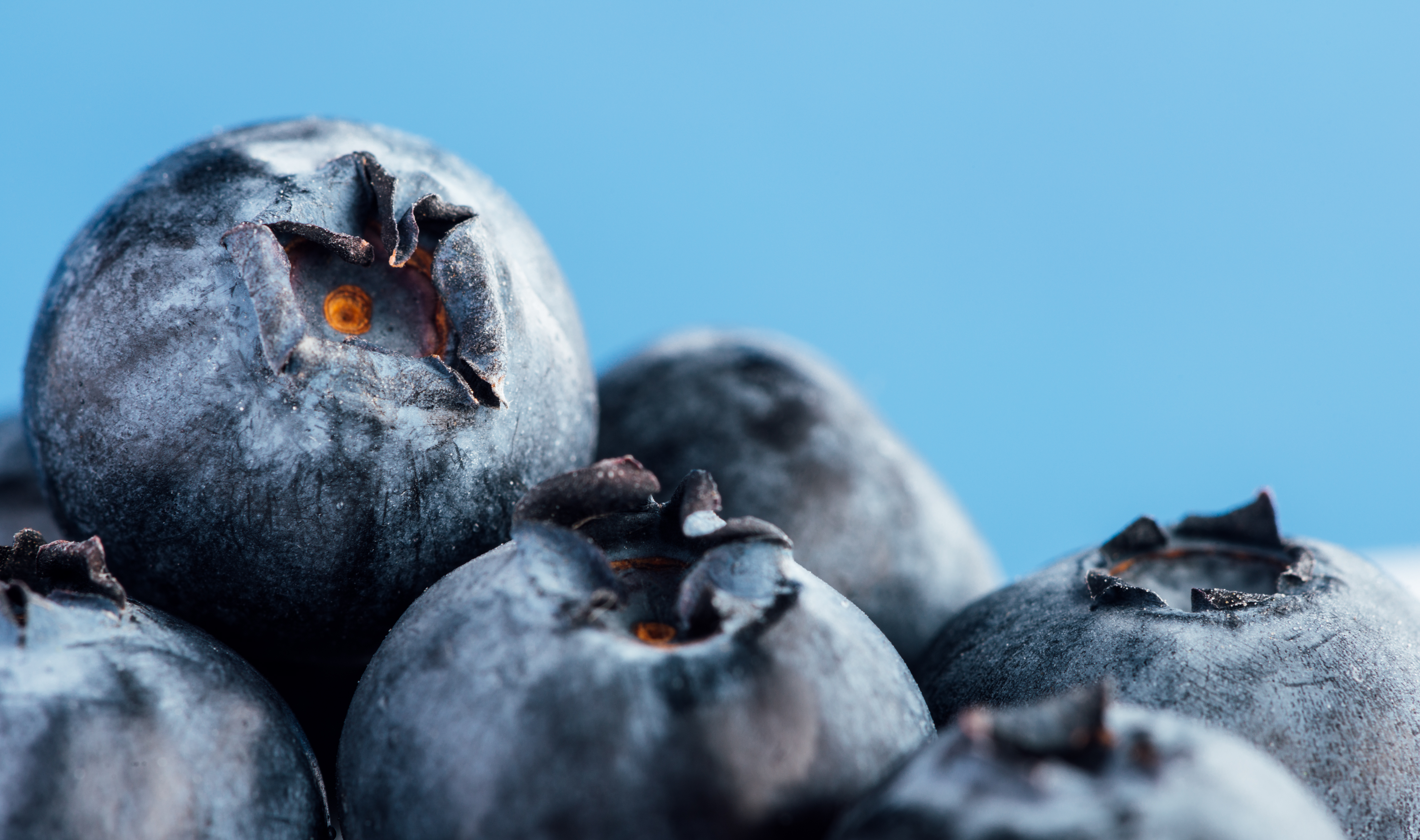
Blueberries are more than a sweet treat—they’re loaded with polyphenols and soluble fiber that nourish beneficial gut bacteria. Their antioxidant compounds reduce inflammation, support the gut lining, and help protect against antibiotic-induced oxidative stress. Studies show blueberries can increase levels of Akkermansia muciniphila, a beneficial gut microbe linked to metabolic health. Toss them into oatmeal, smoothies, or salads for a vibrant, healing burst. Whether fresh or frozen, blueberries offer a delicious way to soothe your microbiome and support recovery from within.
21. Ghee: Ancient Fat with Modern Benefits
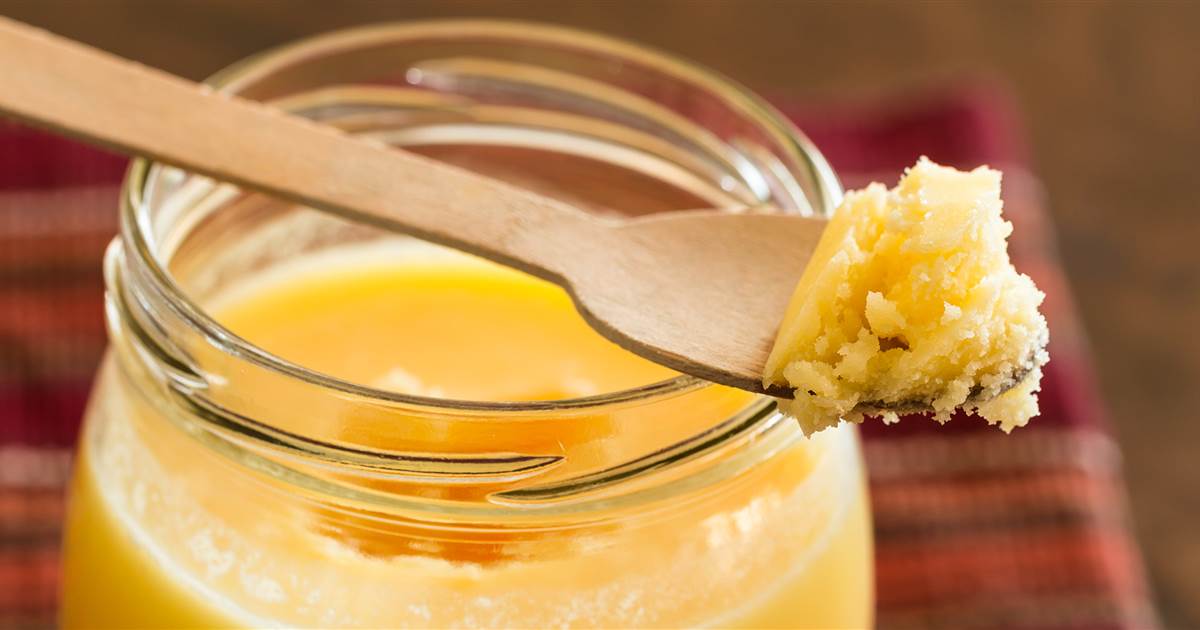
Ghee, or clarified butter, has long been revered in Ayurvedic medicine for its digestive properties. Rich in butyrate—a short-chain fatty acid essential for colon health—ghee supports the integrity of the gut lining and reduces inflammation. Unlike regular butter, ghee is free of lactose and casein, making it easier to digest for those with sensitivities. Use it to sauté vegetables, drizzle over rice, or blend into herbal teas for added nourishment. Ghee also helps with the absorption of fat-soluble vitamins, aiding overall nutrient uptake post-antibiotics. It’s an age-old gut healer that still holds its ground.
22. Aloe Vera Juice: Soothing from the Inside Out
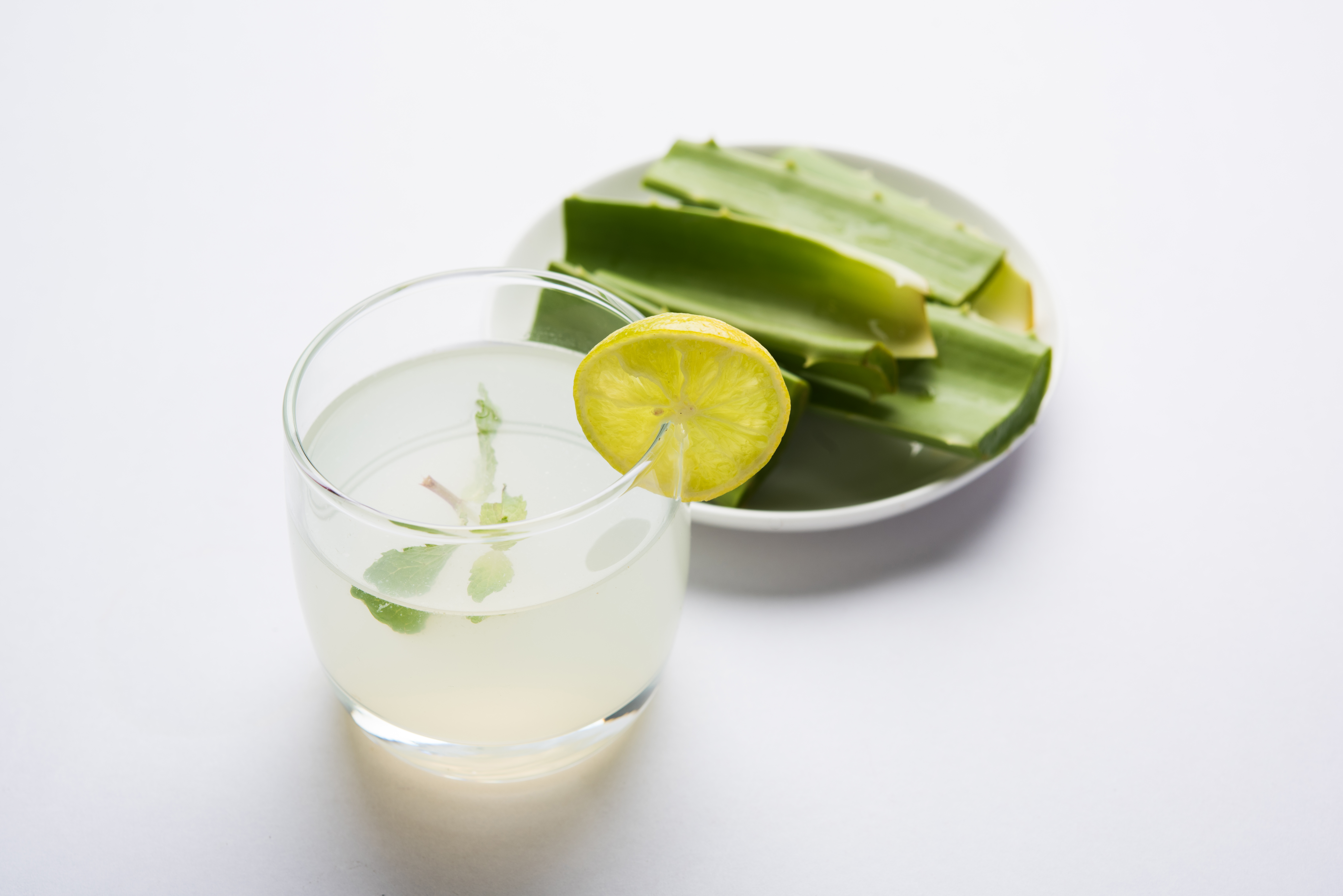
Known for its skin-healing properties, aloe vera also offers internal relief—especially for the digestive tract. Aloe vera juice contains compounds like acemannan and polysaccharides that soothe the gut lining, reduce inflammation, and support mucosal healing. After antibiotics, it can calm irritation, promote bowel regularity, and help reestablish gut balance. Opt for food-grade, inner leaf aloe juice with no added sugars or laxatives. Start with small doses to assess tolerance. While not a daily staple for everyone, aloe vera can be a powerful short-term ally in your post-antibiotic gut recovery toolkit.
Healing your gut after antibiotics isn’t just about bouncing back—it’s about rebuilding a foundation for lifelong health. These 22 gut-healing foods aren’t trendy gimmicks or quick fixes—they’re powerful tools your body recognizes, craves, and uses to restore balance from the inside out. From fermented favorites and fiber-rich staples to soothing broths and antioxidant-packed fruits, each bite is a chance to nurture the trillions of microbes that make up your microbiome. A healthier gut means better digestion, stronger immunity, improved mood, and more energy—because when your gut thrives, you do too. Recovery takes patience, but with the right foods on your plate, every meal becomes an act of healing. Whether you’re just finishing a course of antibiotics or looking to boost your gut resilience long-term, let this list guide your next grocery run. Your body has the blueprint. These foods help it rebuild. Trust the process—and your gut will thank you.